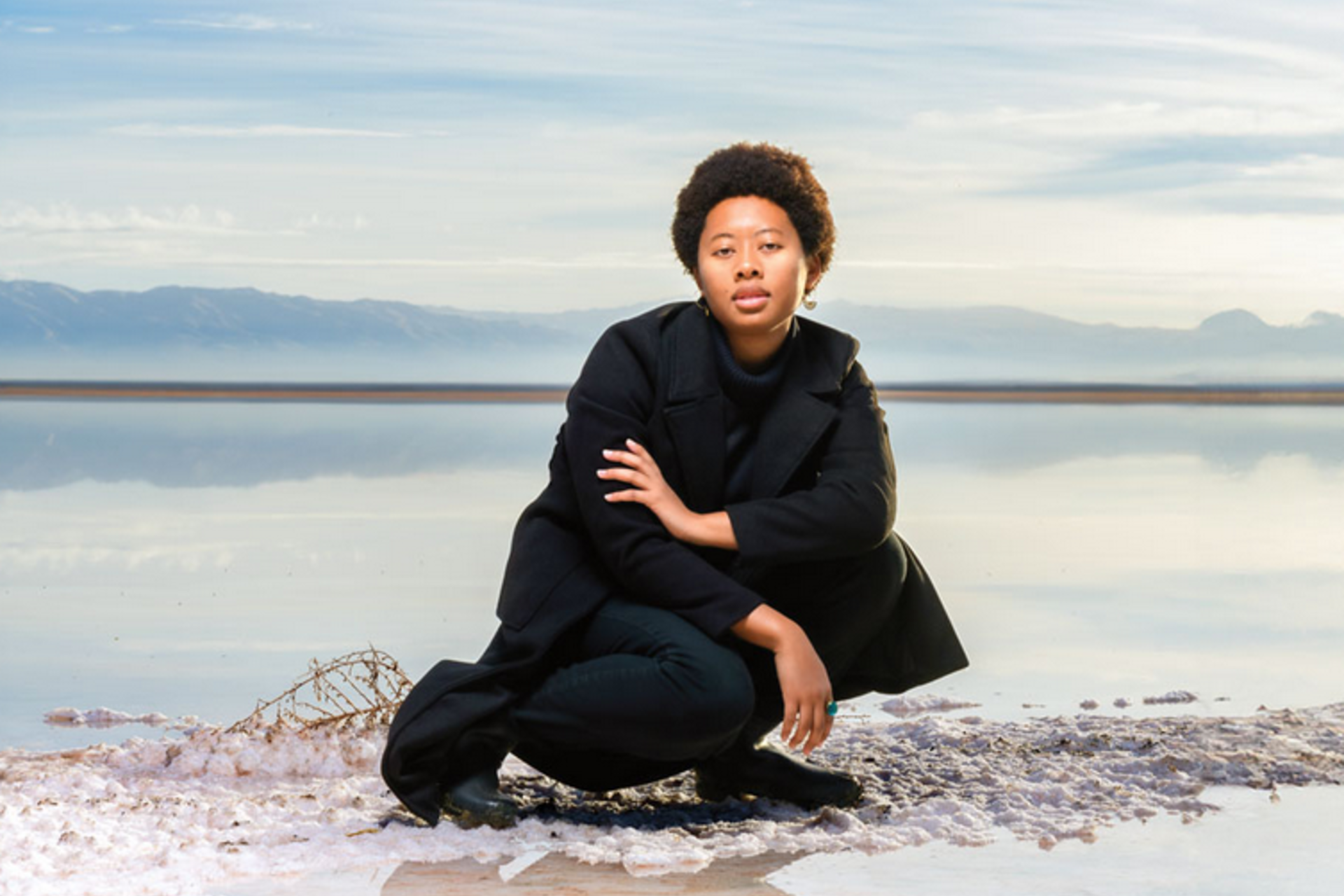Understanding our planets and their history
Our students and geoscientists study the properties of minerals, rocks, soils, sediments and water, using multiple lenses -- stratigraphy, paleobiology, geochemistry, and planetary sciences. Their work informs our understanding of natural hazards such as earthquakes, volcanic eruptions, landslides, and floods. It helps us meet natural resource challenges through environmental and geological engineering, mapping and land use planning, surface and groundwater management, and the exploration and sustainable extraction of energy and minerals. It also helps us answer fundamental questions about the origin, history, and habitability of planets.
Degree Programs
Meet some of our community members
A holistic approach


Earth and Planetary Sciences Events
-
EPS Seminar: Dr. Wen Song "Micro/nanoscale reactive transport toward decarbonization".
Class/Seminar-Building 320, Geology Corner, Room 220 and Zoom, 220, 220 450 Jane Stanford Way, Building 320, Stanford, CA 94305 -
EPS Ph.D. Defense: Hong Yang | Interaction of Volatiles with Silicates and Metals under pressure
PhD Defense-Green Earth Sciences Building

Earth and Planetary Sciences News
-
On April 8, hundreds of members of the Stanford community gathered on the Oval as part of the earth and planetary sciences (EPS) department’s watch party for the partial solar eclipse, complete with informational guides and free solar viewing glasses.
-
The Department of Earth and Planetary Sciences (EPS) is hosting a viewing event from 10 a.m. to 12 p.m. at the Oval for members of the Doerr School of Sustainability and other Stanford community members. Viewing glasses will be provided for 300 attendees.
-
Kemi Ashing-Giwa was in the middle of a college biology class, learning about Ophiocordyceps unilateralis (aka the zombie-ant fungus), when an idea sprang to mind. “I was like, ‘Ah, I love fungi. I’m going to write a short story about fungus zombies.’” As soon as class ended, she opened a Google document and began.






